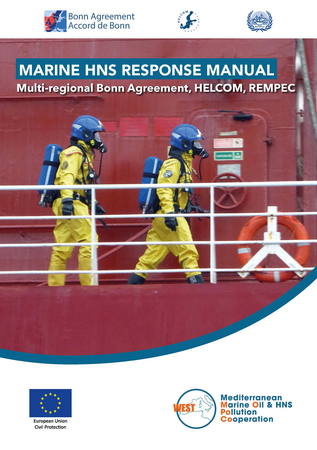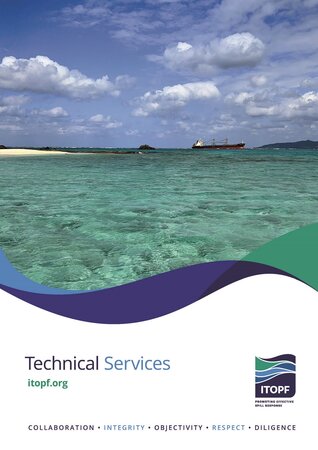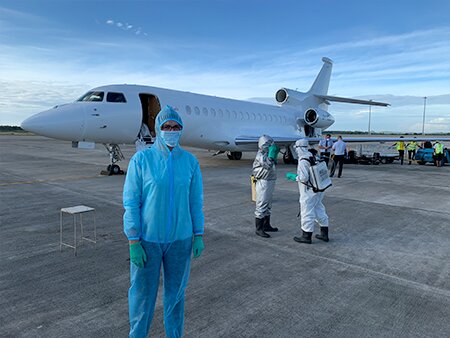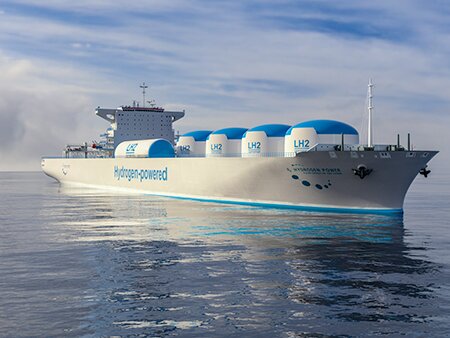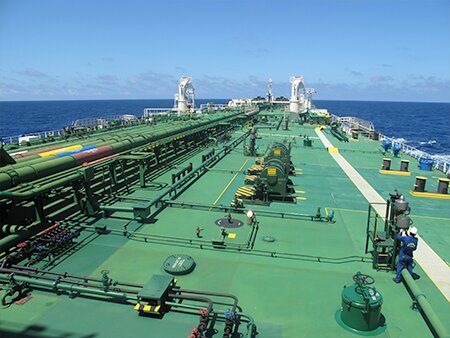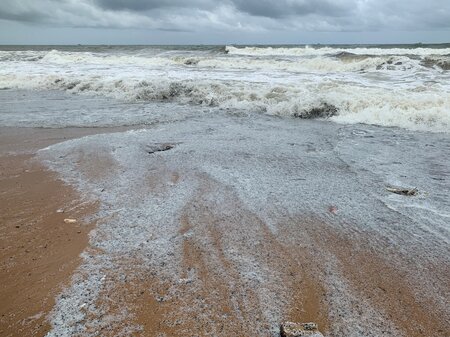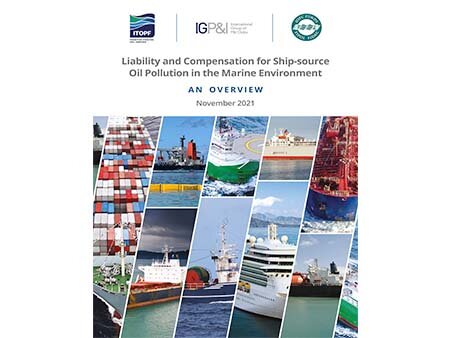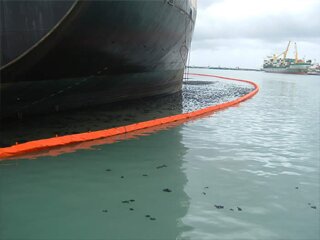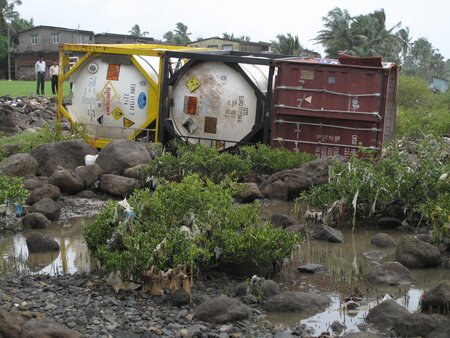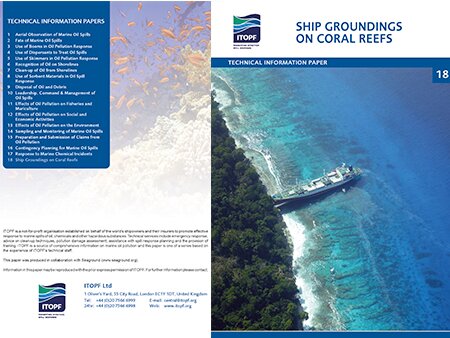Documents & Guides
Explore a variety of topics about marine spills, response and compensation matters in the pages below.
Each topic and area of interest provides access to more detailed documentation that is freely downloadable.
This includes our 18 Technical Information Papers which are fully illustrated with photos and diagrams and are available in several languages.
Alternative Fuels
What are the emerging alternative fuels and their associated risks, hazards, damages and liabilities?
Compensation for Ship-source Marine Oil Spills
What legal arrangements and sources of compensation are available for a spill from a ship?
Disposal
What planning and waste management systems need to be put in place to reduce the volume of oily waste for treatment or disposal?
HNS
What are the specific chemical response strategies for responding to a Hazardous and Noxious Substance spill, and what are the potential effects on human and marine life?
Contingency & Response Planning
What information is needed for an effective oil spill contingency plan? How can aerial observation and protective strategies assist with response operations?
Economic Effects
Which industries might suffer temporary economic losses and loss of market confidence?
Fate of Oil Spills
What happens to oil in the marine environment over time when spilled at sea? How do different factors such as volume and physical and chemical properties affect the fate of oil spills?
Explore the Resources
Marine HNS Response Manual
The Project to create the Marine HNS Response Manual was implemented through an inter-regional effort, including the participation of the Western Mediterranean Region Marine Oil and HNS Pollution Cooperation (West MOPoCo), the Regional Marine Pollution Emergency Response Centre for the Mediterranean Sea (REMPEC), the Bonn Agreement for the Greater North Sea and its approaches and the Helsinki Commission (HELCOM) for the Baltic Sea. The project benefits from the technical support and expertise of expert partner institutions such as Cedre, ISPRA and ITOPF.
ITOPF Technical Services Brochure
An introduction to ITOPF and the services we provide, published in 2023.
Category: Company literature
Spill response during the Covid-19 pandemic (2022) - extended abstract
Responding to a spill under COVID-19 conditions brought unparalleled challenges in all aspects of launching an effective spill response. This paper discusses the experiences and issues from a personal perspective and what lessons were learned.
Categories: Planning & operations, Papers
Is greener cleaner? Spill implications from alternative marine fuels (2022) - extended abstract
With the eyes of the world on reducing human reliance on fossil fuels, the shipping industry is undergoing the largest fuel revolution since the obsolescence of steam-powered vessels in the 1950s. With more vessels expected to run on alternative fuels, it is a matter of time until an incident involving these emerging fuel types occurs.
Categories: Response Techniques, Papers
Spatio-temporal analysis of global marine oil tanker spills over half a century (2020)
This paper provides a global overview of the spatial distribution of accidental marine oil tanker spills of size 7 tonnes and over, based on ITOPF’s spills database, and explores spatio-temporal patterns over 50 years using GIS.
Category: Papers
Nurdles - one container, a billion problems (2022) - extended abstract
To supply the global demand for plastic, significant quantities of pre-production plastic pellets are transported by sea in containers. Plastic pellets, or nurdles, are lentil-sized (typically < 5mm) pre-production raw materials used to fashion almost all day-to-day plastic items. Recent analysis estimates estimated around 230,000 tonnes of nurdles are lost to the environment annually.
Categories: Response Techniques, Planning & operations, Papers
Liability and compensation for ship-source oil pollution in the marine environment. An overview (2021)
This booklet, written together with the International Group of P&I Clubs and the IOPC Funds, provides an overview of the international, and selected national, arrangements in place for compensation of costs arising from pollution damage caused by oil spills from ships in the marine environment, and some background on ‘who pays’.
Categories: Compensation, Papers
To carry or not to carry? Onboard spill response equipment - Is it practicable? (2021)
The question as to whether oil tankers should carry oil spill response equipment onboard has been the subject of debate for many years. This paper focuses on the carriage and deployment of pollution response equipment from oil tankers. Nonetheless, many of the factors discussed can apply equally to the carriage of such equipment on the myriad other types of vessels trading commercially.
Categories: Response Techniques, Planning & operations, Papers
The pollution risk from mega boxships (2019)
A mega box ship has an environmental risk commensurate with its size. Following an incident, the pollution response would need to match.
Categories: Planning & operations, Papers
TIP 18: Ship groundings on coral reefs
This paper describes the effects of groundings on coral reefs and provides guidance on response strategies to reduce the severity of damage, survey techniques and restoration measures.
Category: Technical Information Paper (TIPS)

